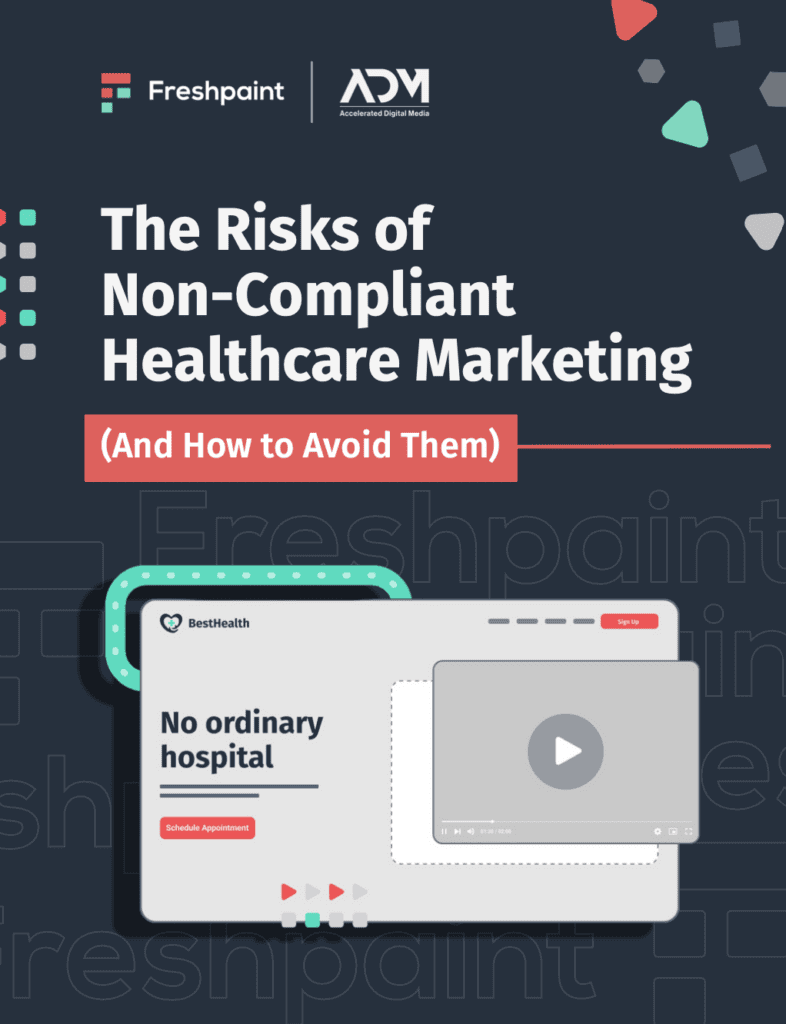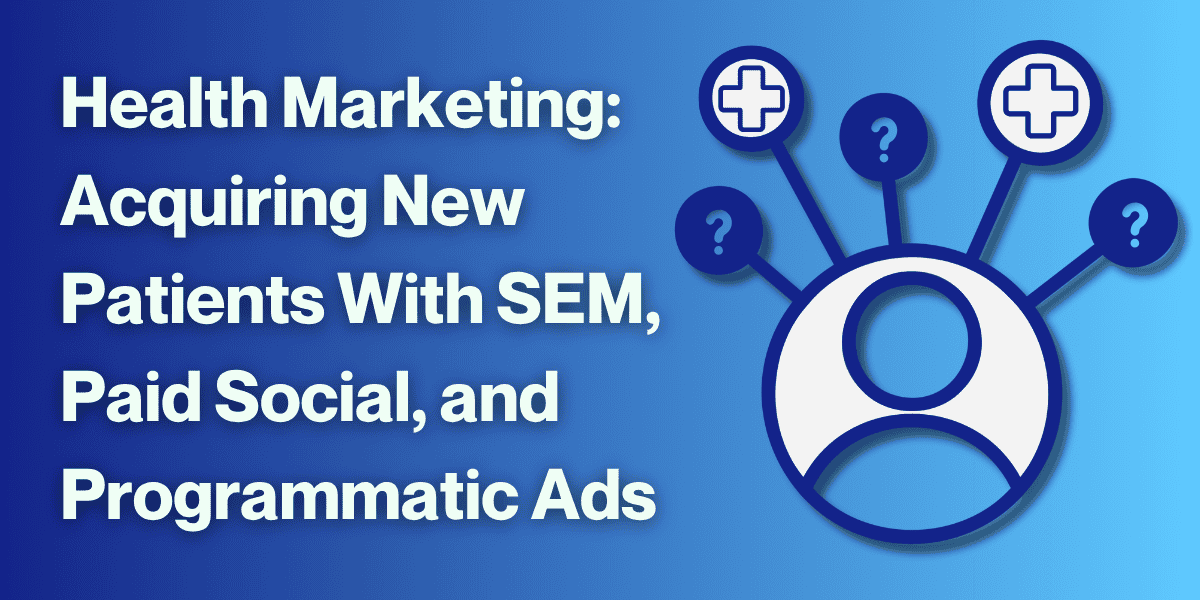This month, Google updated the language of its healthcare policy for Google Ads to improve clarity and precision in describing the businesses that may be subject to marketing restrictions. The change went live on October 10, 2023.
Before, the beginning of the relevant section of Google’s Healthcare and medicines policy simply stated that: “Google restricts the promotion of online pharmacies.”
That prior wording, which had been in place for several years prior, may have been vague in light of the rapidly-growing adoption and scope of digital health services. The language has been updated to:
“Google restricts the promotion of services related to the online prescribing, dispensation, and sale of prescription drugs. This includes businesses such as online pharmacies and telemedicine providers.”
The change, while seemingly minor, reflects an evolving health marketing landscape that has become increasingly complicated for both advertisers and ad platforms like Google. The inclusion of “telemedicine providers” makes clear that businesses offering remote consultations with the power to prescribe will be held to the same standard as online pharmacies. These advertisers in must ensure compliance with the policy, recognizing that they are now directly subject to its restrictions.
The title of the policy section has also been updated accordingly—from “Prescription drug sale” to “Prescription drug services.” The latter half of the policy, which covers how Google determines where the policy should be enforced and how cautiously they do so, remains the same.
Those who violate Google’s healthcare advertising policies may have their ads disapproved or, for serious offenses, their Google Ads account restricted. Below, we’ve outlined some tips for avoiding health ad disapproval on Google.
EBOOK: THE RISKS OF NON-COMPLIANT HEALTH MARKETING
This eBook examines the stakes that healthcare companies face in their digital marketing efforts and offers valuable guidance on how to run compliant advertising.

Avoiding Health Ad Disapprovals on Google Ads
Get All Necessary Certifications and Clearances
- For promoting pharmaceutical products, medical devices, US-based health insurance, or addiction services, additional Google certifications are typically required.
- Advertisers dealing with cell and gene therapies in the US need an FDA-issued license.
Be Transparent About Pricing.
- Health advertisers must be transparent about pricing, especially when it comes to health insurance variations.
- Clearly state if the listed price is applicable only with insurance and inform users about potential insurance coverage variations that may affect the final cost.
- Specify the payment or billing model being used and articulate the financial burden the end user may bear.
Use Compliant Ad Copy That Matches Your Landing Page
- Adherence to health-related advertising restrictions extends to ad copy, imagery, and landing pages associated with the ads.
- Compliant ad campaigns must align with landing page content, avoiding misleading information, graphic imagery, or unapproved content.
- Landing pages must not also include any unapproved products or messaging
Don’t Make Any Misleading Claims
- Avoid making non provable guarantees or efficacy claims in ads, as Google strictly prohibits unreliable claims or misrepresentative information.
- Including phrases like “results may vary” is advisable to maintain transparency and compliance with Google’s guidelines.
Don’t Advertise Unapproved Substances or Pharmaceuticals
- Google maintains lists of unapproved substances and pharmaceuticals that are prohibited from being advertised, including weight-loss/fat-burn supplements and products containing ephedra or anabolic steroids.
- It’s essential to cross-reference Google’s resources to ensure compliance and avoid advertising restricted substances or pharmaceuticals.
For more information about compliant digital marketing for healthcare, check out ADM’s full guidance on Google Ads Health Policies and our advice on avoiding health ad disapprovals on Meta. And if you have any additional questions about performance marketing for your health company, don’t hesitate to contact ADM.
DISCLAIMER
Nothing in this blog should be considered legal advice. This content is for informational use only. Health marketing policy is also evolving quickly, and this blog may not have been updated to reflect any new developments relevant to the situation. If you require legal advice about any of the matters discussed here, we recommend seeking a healthcare privacy attorney.




